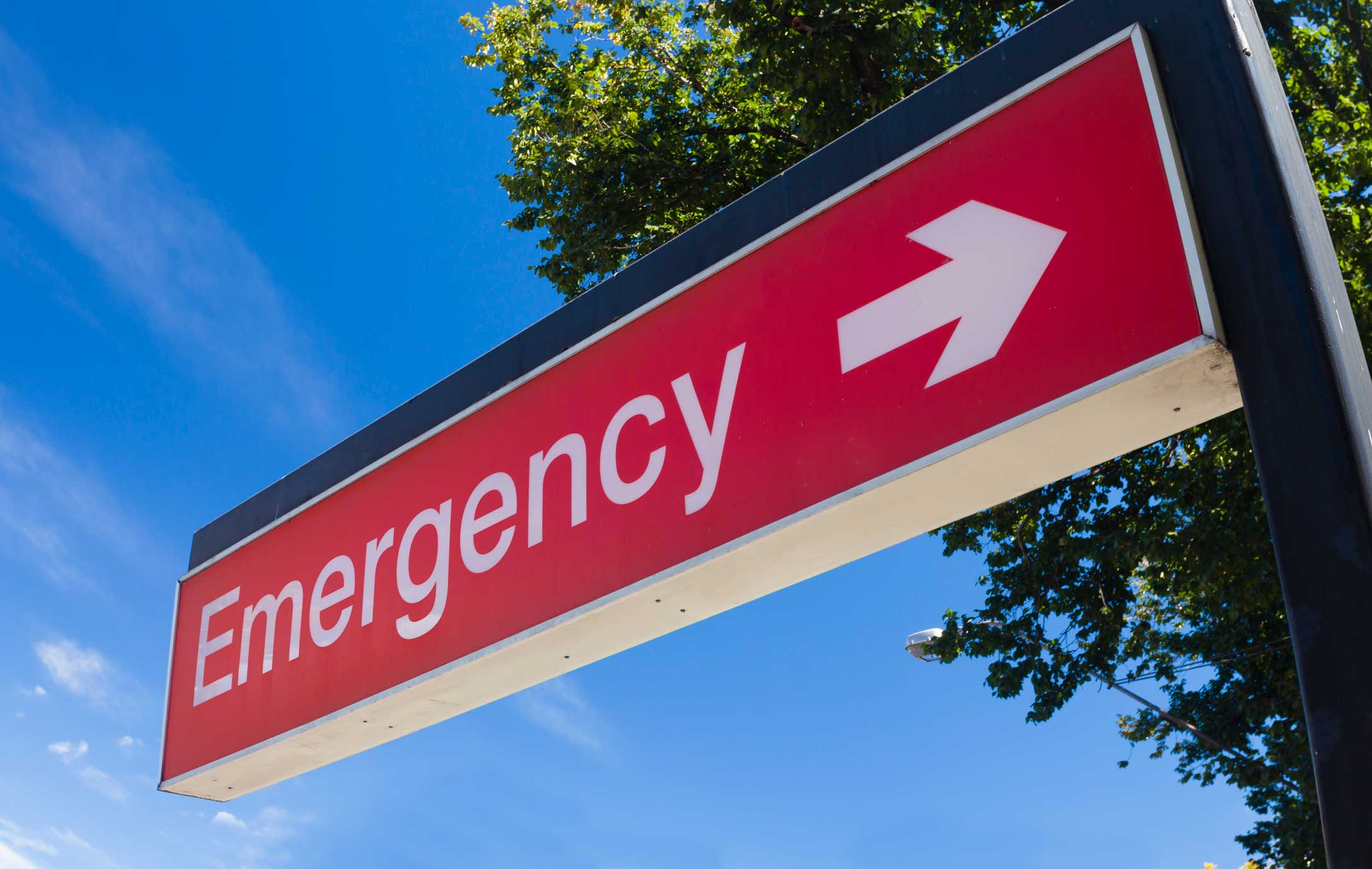By Pat Rehmer
President, Behavioral Health Network
With crowded waiting rooms and busy clinicians, mental health and substance abuse patients don’t always receive the most optimal care in healthcare settings. And for good reason – emergency room staff are generally focused on serious physical problems, rapid assessments and “in the moment” treatment.
But as our ERs become more crowded with mental health and overdose patients, it is important that we adjust our model of care. At Hartford HealthCare, one of those adjustments has been the addition of “recovery coaches. These staff members usually have overcome mental health or substance abuse issues in their own lives, and now work with patients to ensure that they get the appropriate care they need.
September is National Recovery Month, which is a good time to take a step back and assess how we are handling our behavioral health patients. I am a strong advocate for having people who have overcome behavioral health issues on our boards, on our staff and in our emergency rooms. These are people who can reach patients in ways that most others can’t because their message is so personal and so powerful. If you’re feeling hopeless and lost, it can be a very powerful thing to see someone who went through the same thing and is now living a happy and meaningful life.
The recovery coaches are assigned to respond to overdose and other drug-related emergencies 24 hours a day, seven days a week, on an on-call basis in the emergency departments at Backus Hospital, Windham Hospital and, soon, MidState Medical Center. Whenever an overdose patient comes into the ER, front-line staff can contact the recovery coaches to have one come in and work directly with the patient after he or she has received emergency care.
Our early results have been excellent. A very high percentage of our behavioral health patients are following through with their appointments, which previously was not the case. Our goal is for this to eventually be extended to hospitals across the Hartford HealthCare system.
This is especially important due to the ongoing epidemic in opioid and heroin abuse which contributed to a record number of drug-related overdose fatalities in Connecticut in 2016 — more than 900 deaths. The crisis points to the need for involvement from those who have “lived” experience.
In her time as nurse manager of the Emergency Department at Windham Hospital, Meghan Hilliard has seen firsthand the devastation caused by addiction and substance-use disorders in her community. But for all the clinical resources that her department can bring to help revive someone experiencing an alcohol or drug-related overdose, Hilliard and her staff often felt frustrated knowing that the same patient may well return the next day needing the same care.
“Everyone knows this is a serious problem in our community, but there’s only so much front-line emergency room staff can do to address the underlying addiction that leads to overdoses,” Hilliard said. “We can refer a patient to long-term treatment until we’re blue in the face, but we can only hope that they will listen to us.”
That’s why Hilliard was thrilled when leadership within the Behavioral Health Network notified her that they were planning to assign trained recovery coaches to assist substance-abuse patients in the emergency departments at Windham and Backus hospitals.
“It’s such a wonderful way to offer needed support for these patients,” Hilliard said. “With recovery coaches, these patients will be hearing from people who have a background that gives them special authority and credibility — they have been there themselves.”
Recovery coaches have experience with achieving recovery, which can be helpful to people at the beginning of that journey. These recovery coaches have received extensive training in supporting others who are struggling with substance use disorders, offering insights on their own experiences as a way to provide hope.
Pat Rehmer is Hartford HealthCare senior vice president for behavioral health and president of the Behavioral Health Network.


